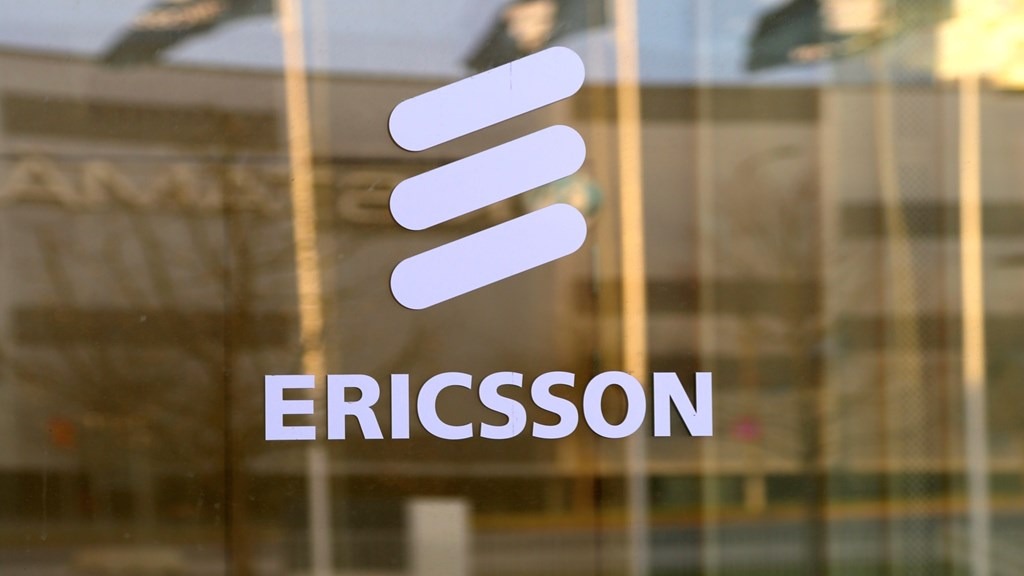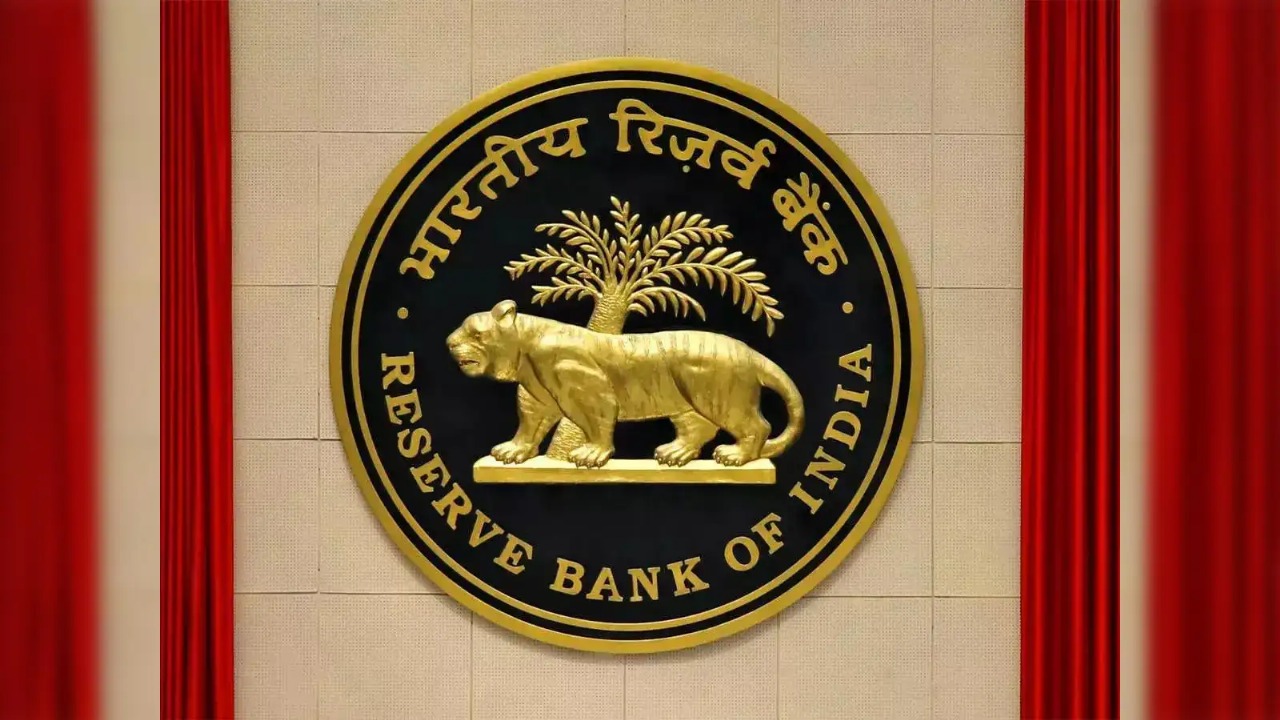Ericsson reported a notable slide in first-quarter 2025 sales, with revenues in Southeast Asia, Oceania, and India plunging 17% year-on-year to 7.2 billion Swedish crowns (about ₹6,342 crore). The decline is largely attributed to Indian telecom giants Reliance Jio and Bharti Airtel normalizing their network investments after a period of aggressive 5G rollouts. This marks a sharp reversal from the previous year, when both companies drove a surge in equipment demand. With 5G deployments now largely complete, Indian telcos are focusing on monetizing their networks rather than expanding them further.
Key Highlights:
-
Global Q1 revenues were flat at SEK 55 billion ($5.64 billion), missing analyst expectations but buoyed by a 20% sales jump in North America, where operators accelerated purchases ahead of potential U.S. tariffs.
-
Despite the sales dip, Ericsson’s gross margin improved to 48.2% from 42.5% a year ago, and operating profit margin rose to 10.8%, reflecting strong cost controls and operational efficiency.
-
The company announced strategic wins, including its first programmable network in Asia-Pacific with Telstra, a multi-year core modernization deal with One New Zealand, and a 5G core partnership with Bharti Airtel.
-
CEO Börje Ekholm emphasized resilience amid macroeconomic volatility, highlighting diversified production and a focus on delivering customer value.
While the mobile networks business faces headwinds from reduced capex in key regions, Ericsson remains optimistic about enterprise sector stabilization and continued technology leadership.
Source: Economic Times, Reuters, TelecomTV





